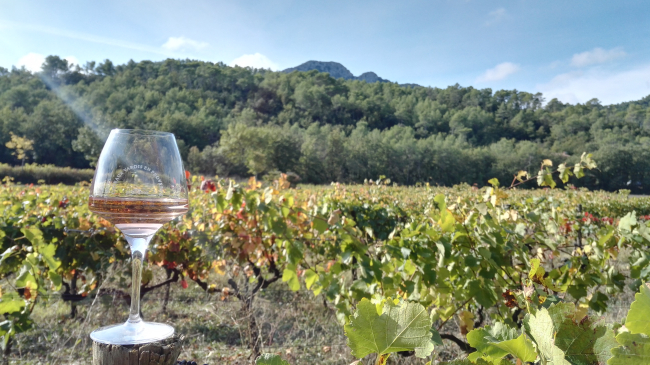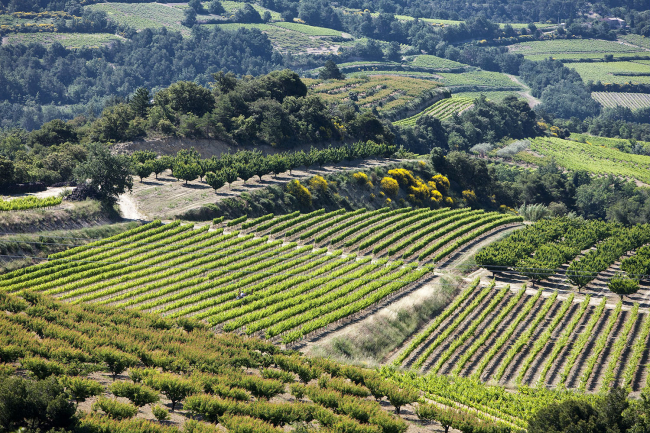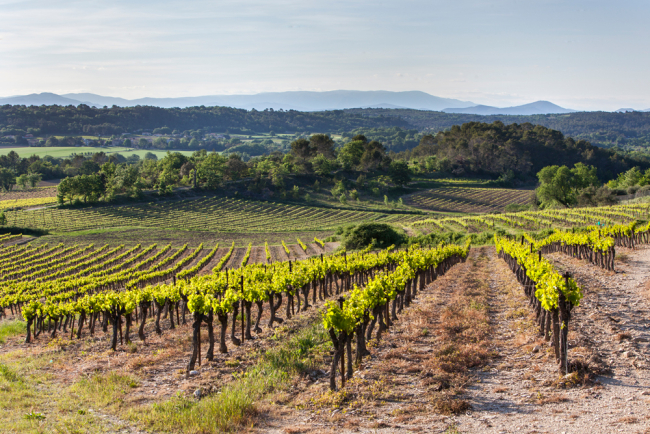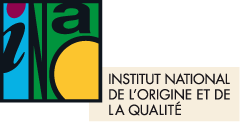Defense and management organization
A look back at the February 6, 2025 meeting of the Comité national des Appellations d'Origine relatives aux vins, aux boissons alcoolisées et aux boissons spiritueuses.
The members of the Comité National des Appellations d'Origine relatives aux vins, aux boissons alcoolisées et aux boissons spiritueuses, met on February 6, 2025.

The Comité National des Appellations d'Origine relatives aux vins, aux boissons alcoolisées et aux boissons spiritueuses, meeting on February 6, 2025, took several decisions structuring the future of French appellations. These decisions illustrate the Comité National's commitment to the preservation and development of French appellations, guaranteeing their excellence and adaptation to contemporary challenges. The Comité National thus reaffirms its commitment to the excellence and adaptability of French appellations to contemporary challenges, particularly in terms of the environment, the enhancement of terroirs and international competitiveness.
Market segmentation
- Yield adaptation for AOC Cognac in the face of Chinese market tensions
Faced with export difficulties linked to Chinese restrictions, the national committee examined a temporary modification to the AOC Cognac specifications enabling existing tools (climatic reserve, yield) to be adjusted and a new mechanism for differentiated individual yields to be introduced, in order to preserve the economic balance of farms in this crisis context. - Recognition of the term "cru" supplemented by the geographical name "Côtes de Provence - Cru Sainte-Victoire"
The committee has given a favorable opinion to the recognition as a "cru" of the Complementary Geographical Denomination "Sainte-Victoire", thus enhancing the value of an exceptional terroir. This is the first Complementary Geographical Denomination to include the term "Cru" in its specifications, in line with the guidelines validated by the national committee in February 2022. - Pineau des Charentes: recognition of the DGCs "Île de Ré" and "Île d'Oléron"
The committee validated the definitive geographical area of these two DGCs and their parcel identification criteria, thus formalizing their distinction within the Pineau des Charentes AOC.
Adapting to societal and environmental challenges
Appellations d'origine contrôlée continue to adapt to societal expectations and the challenges posed by climate change. Thus, following on from AOP Saint-Émilion, the AOP "Médoc", "Haut-Médoc"and "Listrac-Médoc" have incorporated the obligation for operators to have environmental certification into their specifications.
- Adoption of a new innovation evaluation system (DEI) for Cassis de Bourgogne: This validated the possibility of testing complementary varieties and new planting rules (density), on a small scale and under scientific supervision, in order to make this appellation more resilient. This is the 3rd measure of this type, after those in the Cognac and Alsace zones, validated by the national committee since the adoption of this procedure at the end of 2023.
- Environmental measures and waste management
The National Committee approved a new agri-environmental standard measure enabling ODGs to introduce the obligation to require authorized wineries to deliver their waste to suitable recycling channels, thus reinforcing the wine sector's environmental commitment. - The appellations Duché d'Uzès, Moselle, Saint-Péray, Médoc, Haut-Médoc and Listrac-Médoc, Ladoix, Jurançon and Béarn also undergo modifications validated by the Comité National to adapt to environmental, economic and regulatory issues.
Transversal initiatives
- Modification of the customs circular for calculating winegrowing areas
The National Committee examined the circular concerning winegrowing areas eligible for production, taking into account unplanted areas necessary for the proper management of the vine. In particular, this technical subject provides a clear framework for the development of agro-forestry in viticulture, enabling the development of more resilient vineyards, particularly with regard to climate disruption. - Organoleptic examination: reorganization of criteria
A reform of the lists of words used during organoleptic examinations of appellation wines has been initiated, distinguishing a national list of defects and specific lists of refusal words for each commission. These guidelines consolidate the principles of fairness that govern the refusal to classify a wine as an appellation.
More news on INAO bodies
The Comité national des appellations d'origine relatives aux vins et aux boissons alcoolisées, et des boissons...
News

News
Meeting under the aegis of INAO, the Comité national des appellations d'origine relatives aux vins, boissons alcoolisées...
News

News
The Comité national des appellations d'origine relatives aux vins et aux boissons alcoolisées, et des boissons...
News

News
